





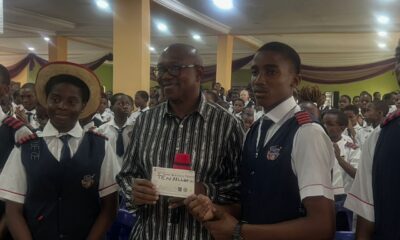

The Presidential Candidate of the Labour Party in the 2023 election, Mr. Peter Obi, has declared that education drives national...
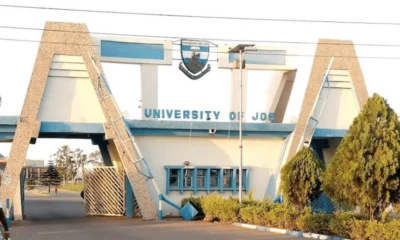

The University of Jos ASUU indefinite strike is set to begin at midnight on Friday, July 4, 2025, as lecturers...


Tension and outrage are growing in a host community of the Alex Ekwueme Federal University Ndufu-Alike (FUNAI) after a newborn...
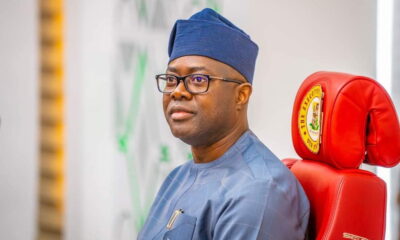

Students, alumni, and civic groups have voiced strong opposition to plans by Oyo State Governor Seyi Makinde to rename The...


The Nigerian Education Loan Fund (NELFUND) has disbursed a total of N73.1 billion in student loans to 366,247 students across...
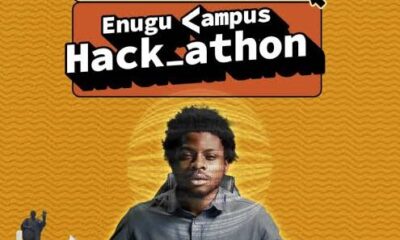

The Enugu State Campus Hackathon is officially underway, offering a groundbreaking opportunity for tech-driven youths to shine. Backed by the...


In a significant boost to small business development, the Kaduna State Government and the Small and Medium Enterprises Development Agency...


The Joint Admissions and Matriculation Board (JAMB) has expressed serious concern over the low turnout of candidates printing their notification...
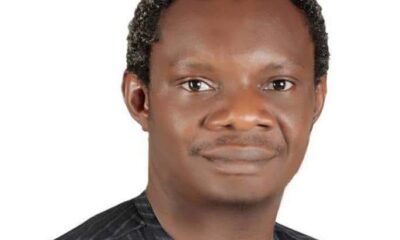

This week on Asiwaju Media, political tensions, community heroics, and celebrity extravagance dominated public discourse. From high-profile arrests to remarkable...


The Abia State Government has approved a one-time N25,000 transport and logistics allowance for each newly recruited teacher who participated...
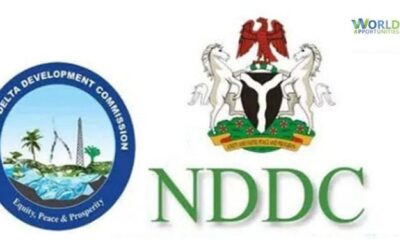

The Niger Delta Development Commission (NDDC) invites applications from qualified indigenes of the Niger Delta region for its Local Master’s...


Dr. Joe Chukwu, Head of the Department of Mass Communication at Alex Ekwueme Federal University Ndufu-Alike (AE-FUNAI), has been elected...


The Katsina Local Government Council has officially launched a fully-funded scholarship program for its indigenous residents. This new initiative will...


The Nigerian Education Loan Fund (NELFUND) has announced the successful disbursement of over ₦38 million to students in four tertiary...


The unbundling of Mass Communication programme into seven (7) different disciplines by National Universities Commission, (NUC) has created the opportunity...


The Vice-Chancellor of Alex Ekwueme Federal University, Ndufu-Alike (AE-FUNAI), Ebonyi State, Professor Sunday Elom, has reaffirmed the university’s readiness to...
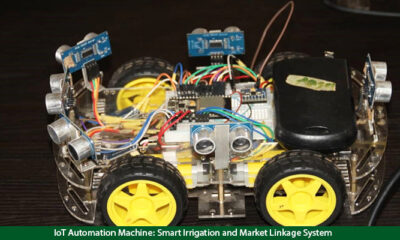

A team of innovative students from Alex Ekwueme Federal University Ndufu-Alike (AE-FUNAI), Ebonyi State, has developed a groundbreaking IoT-based automation...
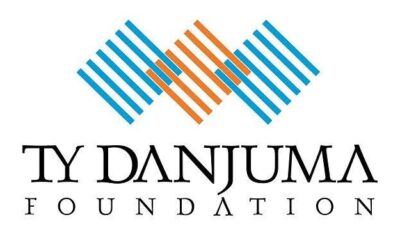

The TY Danjuma MBA Scholarship is a prestigious initiative designed to empower African students who have secured admission to the...


The Enugu State Government, in collaboration with Magic City Labs and Magic Lab Academy, has officially launched Batch 2 of...
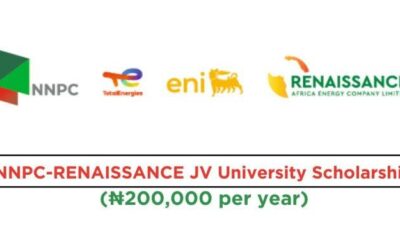

The Renaissance African Energy Company (Renaissance), operator of the NNPC/Renaissance/TotalEnergies/AENR Joint Venture (Renaissance JV), invites applications from suitably qualified Nigerian...





















